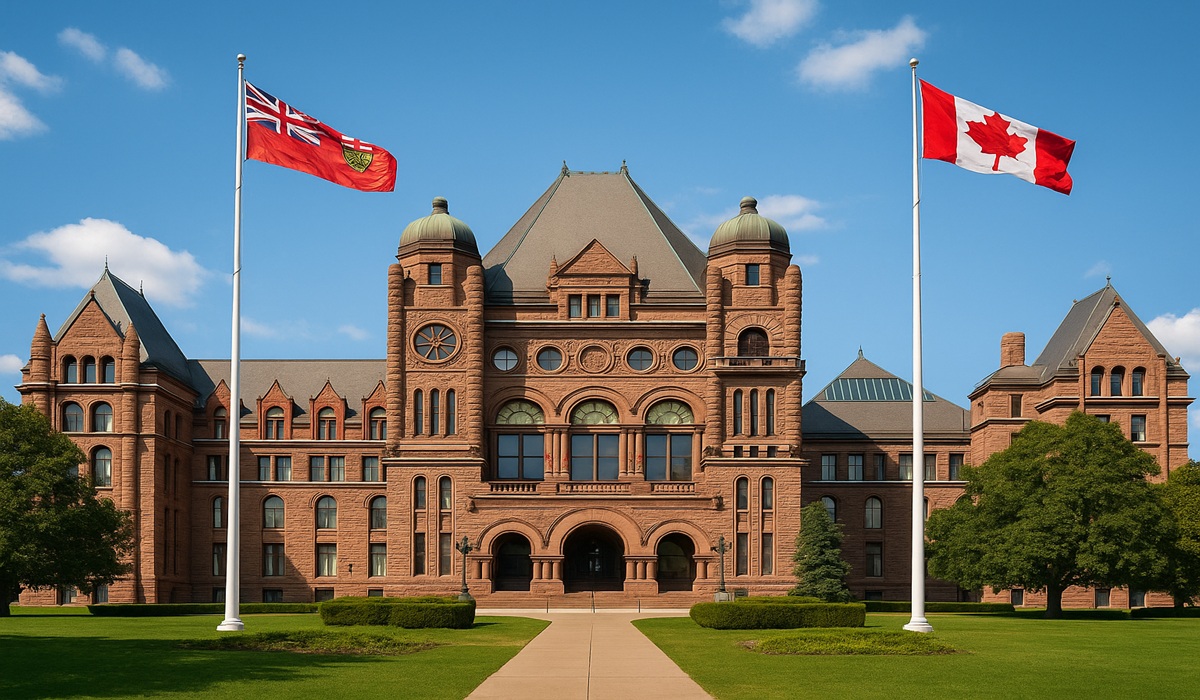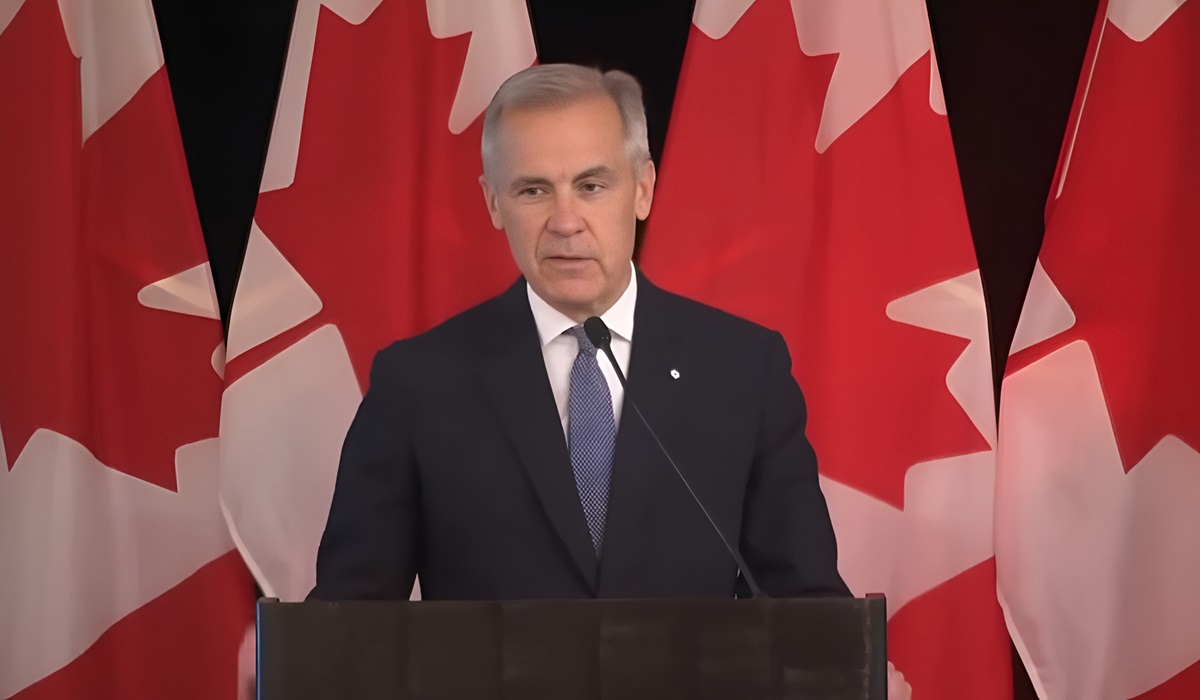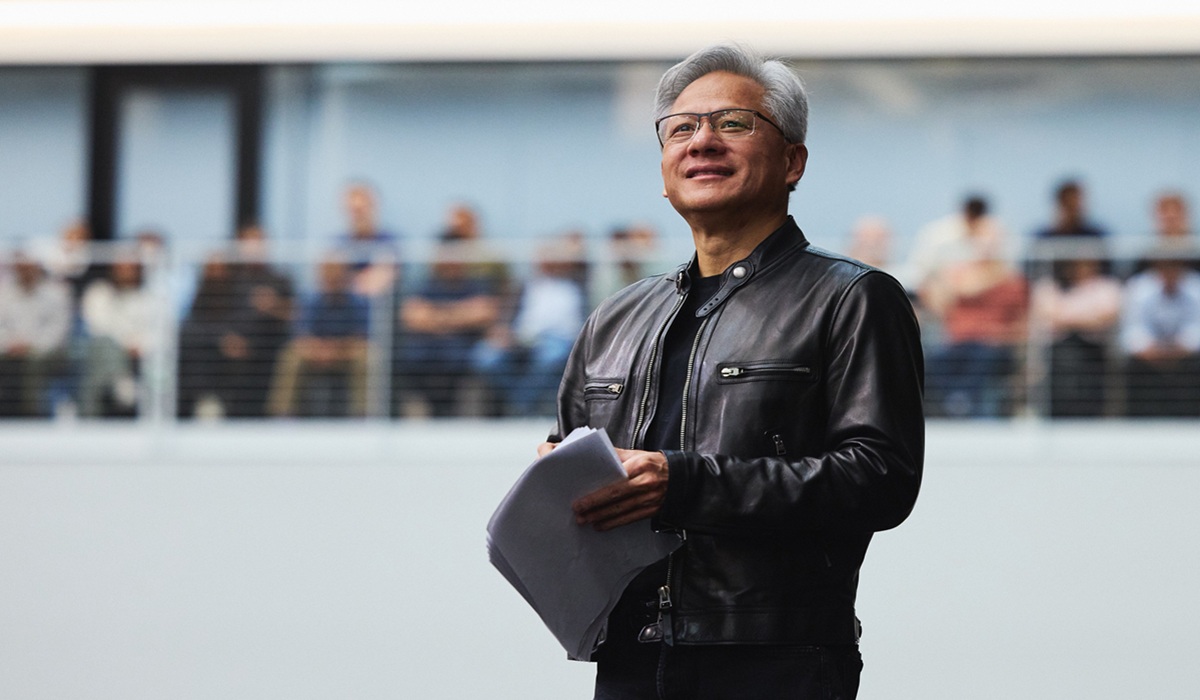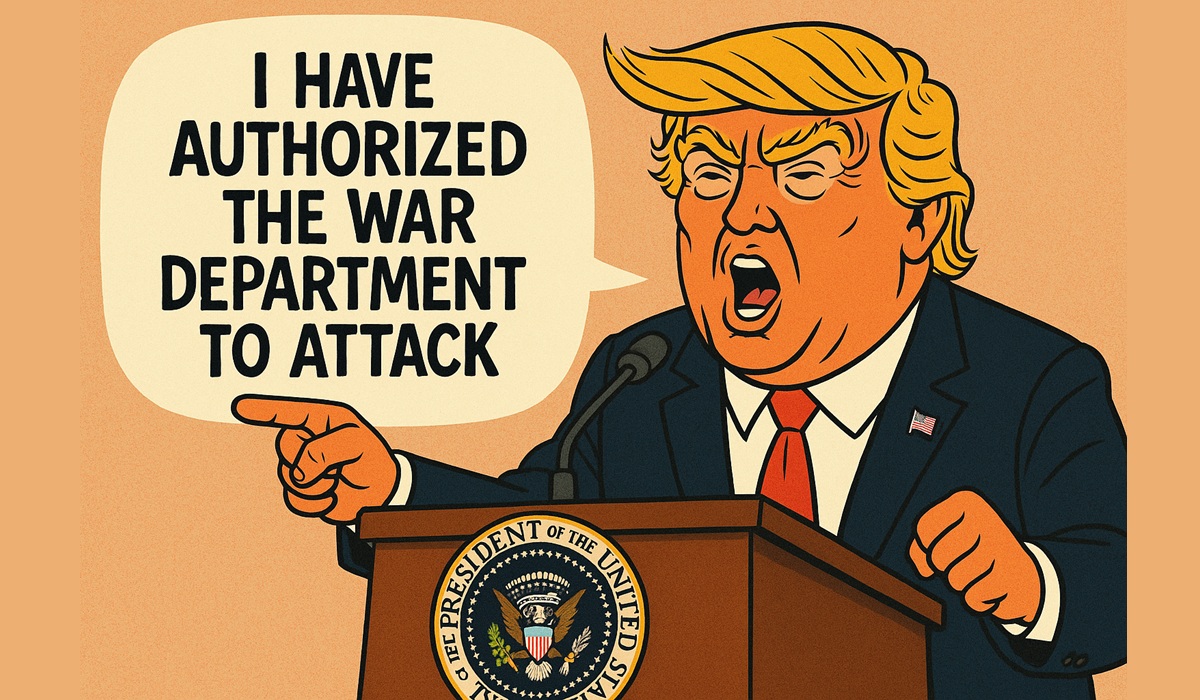Doug Ford Was Right to Stand Firm — Trump’s Fury Was Never About the Ad
- TDS News
- Trending News
- October 26, 2025

By: Donovan Martin Sr, Editor in Chief
Doug Ford did what any serious leader should do — he stood his ground and handled Donald Trump on Canada’s terms, not America’s. Yes, the Ontario government agreed to eventually take the ad campaign down, but not when Trump demanded it, and not because he said so. That distinction matters. Ford didn’t flinch. He simply chose the timing that served Ontario best, not Washington’s ego.
Trump’s claim that the ads didn’t bother him is laughable. If they meant nothing, why the outrage? Why the sudden calls for economic retaliation? Something clearly hit home. The truth is, the campaign wasn’t even aimed at Trump himself — it was aimed at the people who have suffered the most from his reckless trade wars: farmers, factory workers, and small business owners across the American Midwest. These are his voters — the red states that have borne the brunt of his policies.
Soybean and corn producers in places like Iowa and Nebraska have been crushed by retaliatory tariffs. Auto workers in Michigan and Ohio have watched production slow to a crawl. Supply chains are breaking down, and the once-booming industrial heartland is now struggling to stay afloat. Those are the same states Trump carried handily in 2020. But with every new tariff, every chaotic policy swing, he’s been eroding his own base from the inside out.
So when Ontario’s ad — featuring the words of Ronald Reagan warning against protectionism — began circulating in those regions, it wasn’t just a message from Canada. It was a mirror held up to Trump’s failure. And that’s what set him off. He can handle criticism from Democrats, but not from the people he’s supposed to be fighting for. The ad didn’t embarrass America — it embarrassed him.
What’s really happening is this: Trump’s feeling the heat. The midterm elections are turning into a referendum on his chaos. Democrats are winning back state legislatures in places that once looked like Trump country. The economy is losing hundreds of thousands of jobs. ICE is in disarray. Farmers are filing for bankruptcy. The auto and chip industries — once American powerhouses — are now shadows of themselves. Trump’s presidency is an economic storm of his own making, and his base is waking up to that reality.
But here’s the real question — does Trump even care? The man has never been driven by the pain of others. He thrives on division and deflection. His focus isn’t on fixing problems; it’s on controlling the narrative. When the walls close in, he lashes out — at allies, at institutions, at anyone who reminds him that his brand of strongman politics is collapsing under its own weight.
Doug Ford didn’t bow to that. He didn’t panic. He simply managed the situation with calm and conviction. He removed the ad when it made sense to do so, not out of fear, but out of strategy. That’s what leadership looks like — knowing when to push, when to pause, and never letting a bully set your clock.
And the irony? The ad Ford approved wasn’t even an attack. It was a reminder of economic truth: tariffs hurt everyone. It was Reagan — the conservative icon Trump claims to idolize — warning about the dangers of isolationism. Ford’s decision to stand behind that message, even for a few extra days, showed a level of confidence that Canada has too often lacked when dealing with Trump.
This moment wasn’t about politics — it was about dignity. Canada doesn’t take its cues from Washington, especially not from a man whose every decision seems guided by impulse and insecurity. Ford proved that you can engage with America without being intimidated by it.
And now, with Trump cutting off trade talks and declaring that Canada shouldn’t build cars for the U.S., the question isn’t how we react to him — it’s how we move beyond him. Canada’s future can no longer hinge on the temperament of one man in the White House. The world is vast and shifting. The Pacific Rim is alive with opportunity — South Korea, Japan, China, and Vietnam are building the next wave of automotive and clean-energy technology. Europe, despite its own growing pains, remains an anchor of stable democratic trade. And even in a complicated relationship with China, there lies the potential for strategic collaboration on green energy and rare earth materials.
But it’s not just about where we trade — it’s about how we build. Canada must finally take control of its own destiny by developing the infrastructure, pipelines, and supply networks that strengthen our independence. We need to stop shipping out raw materials and start refining and manufacturing them here at home. We must maximize the utilization of our vast natural resources — nickel, cobalt, lithium, and rare earths — not just for export, but as the backbone of a homegrown green economy.
We also have to be brutally honest about where we stand. In industries like electric vehicles, Canada is years — perhaps a decade — behind. But that doesn’t mean we’re out of the race. The smarter move may not be trying to rebuild the entire auto industry from scratch. It’s to interject into existing global supply chains, carve out our niche, and control key components — the minerals, the batteries, the clean energy infrastructure — that the world will always need. By owning parts of those pipelines and partnerships, Canada can secure prosperity for generations without depending on American approval or participation.
If Trump wants to wall himself off from progress, let him. Canada can’t afford to sit in the dark waiting for America to change its mind again. We must become architects of our own destiny — building alliances that outlast elections and policies that don’t crumble at the next outburst from Washington.
Maybe this is the moment we finally stop asking what we’ll lose by standing up to Trump — and start asking what we’ll gain by moving on without him. Because the truth is, we’ve already seen what happens when we wait for reason from chaos. The next chapter of Canada’s economic story won’t be written in the shadow of a man who thrives on disruption. It’ll be written by those who had the courage to look past him, build smarter, and never again let our future depend on a neighbour who mistakes chaos for strength.








